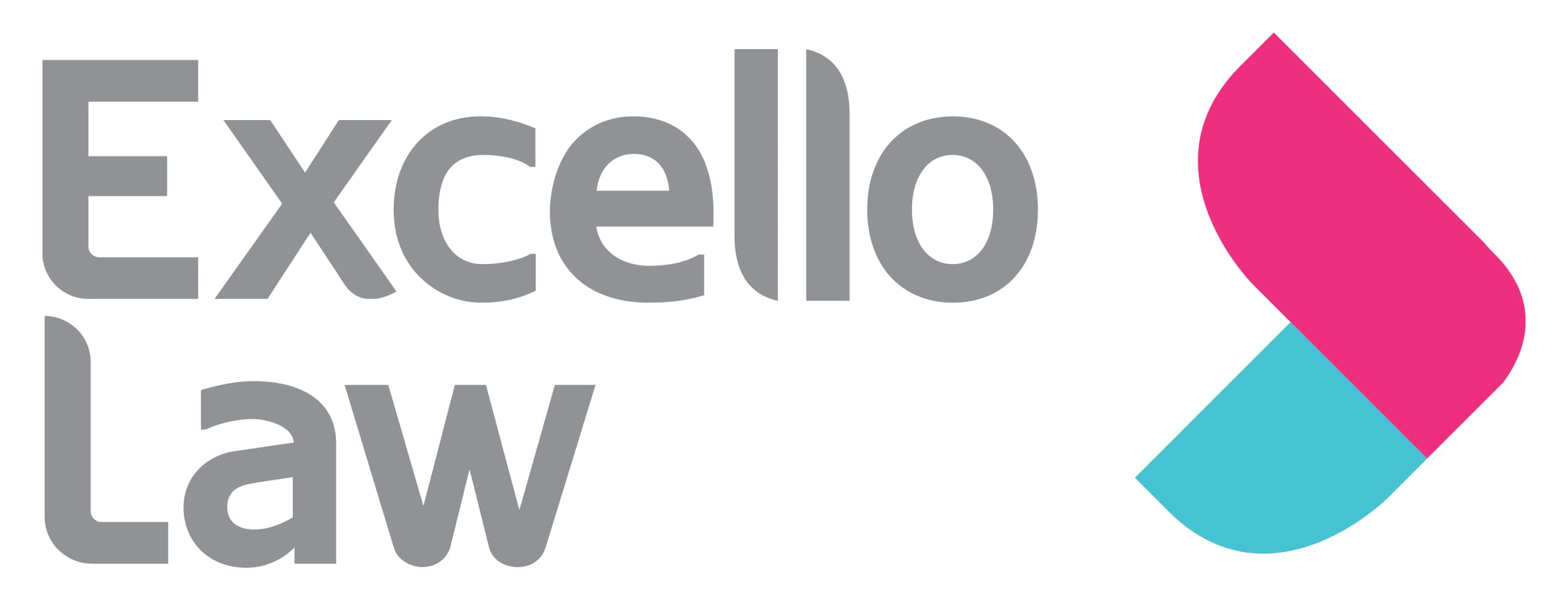Call us now on
0207 374 6546
mob: 07809 694 400 e: hina@partnerslaw.co.uk
Call us now on
0207 374 6546
mob: 07809 694 400 e: hina@partnerslaw.co.uk
We have put together a series of blogs to discuss the various protections an employee may have when they raise health and safety concerns. It is important for all HR professionals and businesses to understand the protections afforded to employees and the employment law implications of employees raising health and safety concerns so as to limit risk and avoid costly court claims.
Today’s focus is on automatically unfair health whistleblowing dismissal.
An employee will be regarded as automatically unfairly dismissed if the reason or principal reason for the dismissal is that they have made a protected disclosure. The right applies to actual and constructive unfair dismissals.
This right does not require qualifying service and there is no limit on the amount of compensation that can be awarded. Only employees can claim unfair dismissal, but workers can claim in respect of detriments on the ground that they made a protected disclosure.
Claimants can seek interim relief in a whistleblowing unfair dismissal claim.
Whether a whistleblower qualifies for protection depends on satisfying the following tests:
Call us now on
 Partners Employment Lawyers is not a firm of solicitors. Members of Partners Employment Lawyers are consultants at Excello Law Limited and legal services are provided by Excello Law Limited which is authorised and regulated by the Solicitors Regulation Authority under SRA number 652733.
Partners Employment Lawyers is not a firm of solicitors. Members of Partners Employment Lawyers are consultants at Excello Law Limited and legal services are provided by Excello Law Limited which is authorised and regulated by the Solicitors Regulation Authority under SRA number 652733.
Privacy policy | Cookie Policy | Complaints policy | Employment Tribunal pricing